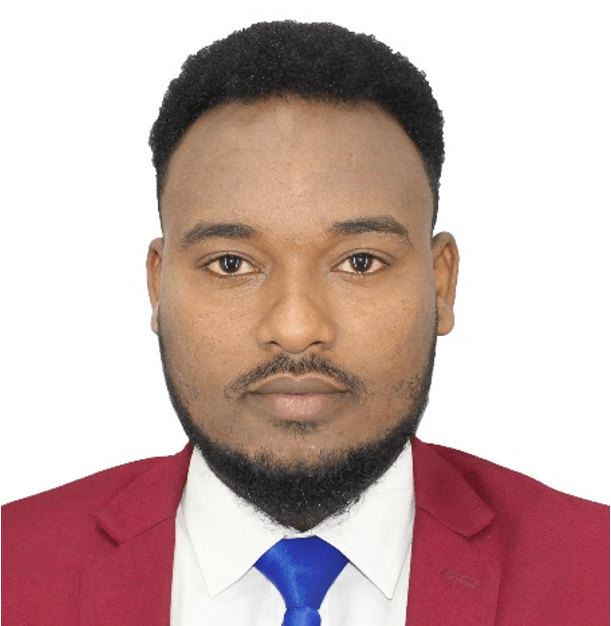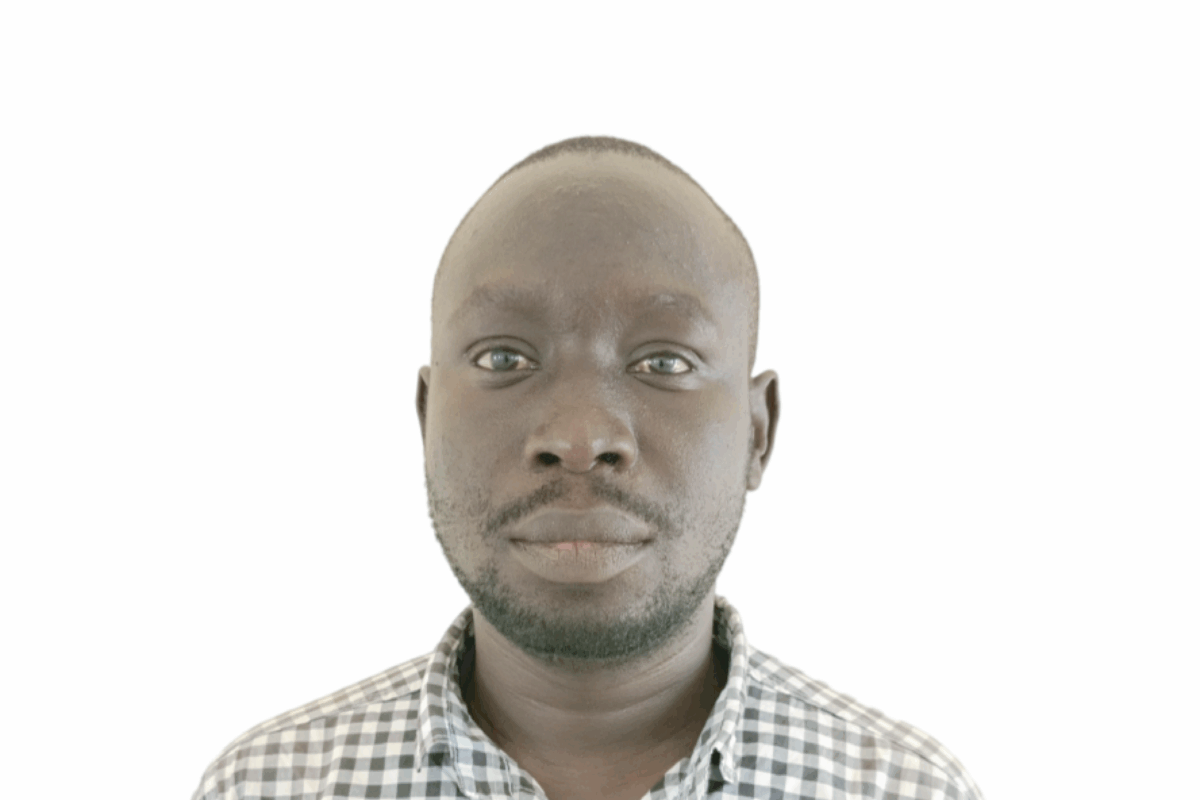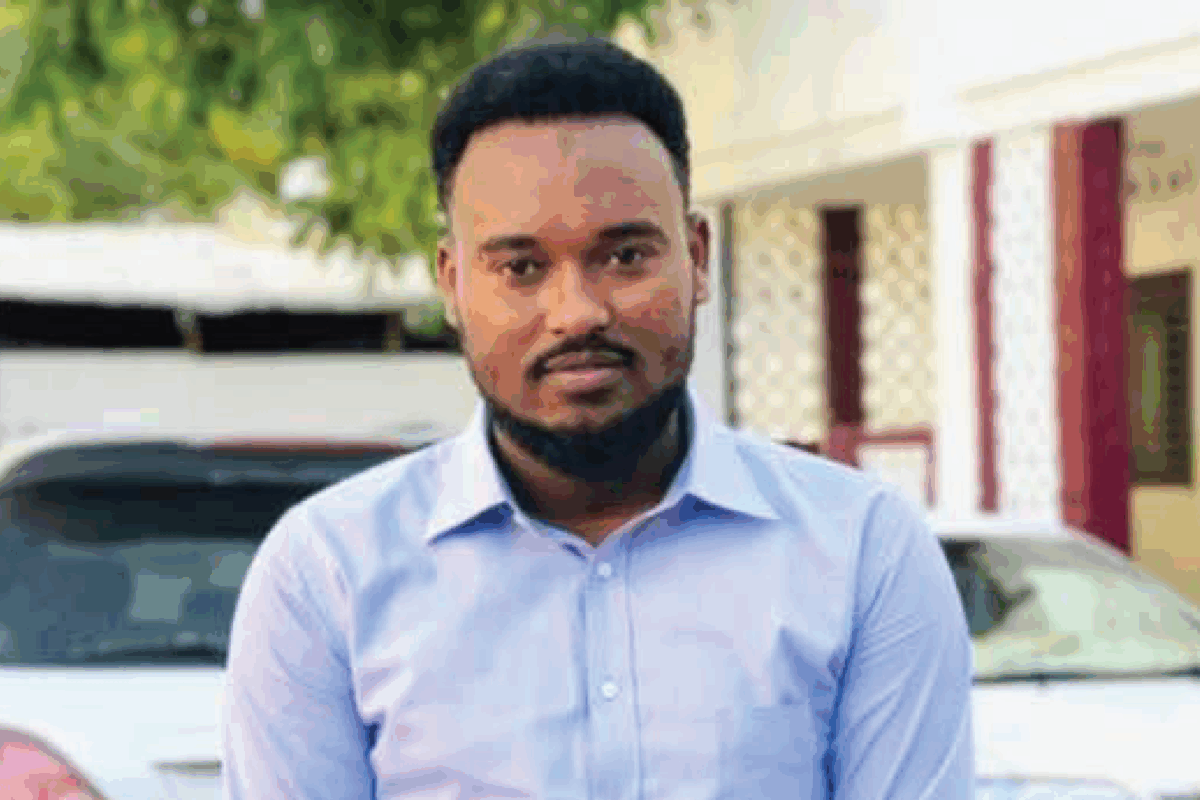Kei Emmanuel Duku is a dynamic and motivated multimedia and data journalist from South Sudan with over five years of experience. His expertise lies in reporting on critical issues, including natural resources (with a focus on gold smuggling), wildlife trafficking, environmental crimes, and climate change. He possesses a robust background in technology, fact-checking, health, gender-based violence, human rights, and sports reporting, showcasing a diverse array of journalistic interests and a dedication to impactful storytelling. Over the last five years, he has been awarded 10 regional and global reporting grants with different organisations. His work has received various awards including from the Media Development Institute for health reporting, the Union of Journalists of South Sudan where he won the 2024 award for reporting on sports, and earning the title of Second Runner-Up in the 2024 African Media Development Foundation-Nigeria competition in the Climate Change reporting category.
Imani Henrick Luvanga
|
Imani is a multi-award-winning journalist, digital content creator, and media professional with over five years of experience in broadcasting, digital advocacy, and leadership. She is currently the Programs Manager for Crown TV and a Multimedia Journalist at Crown Media Tanzania, where she leads content development and audience engagement projects. At just 25, she became the youngest Station Manager at Kings FM Radio, transforming it into the leading media house in Tanzania’s Southern Highlands. Imani is also the Co-founder of Mwanga Hub, an NGO focused on empowering youth, women, and marginalized groups through digital rights and inclusion. She hosts Dig It with Imani: The Podcast, tackling issues such as digital rights and online gender-based violence. As a certified digital rights trainer with DW Akademie, she mentors journalists and collaborates with global organizations like the Thomson Reuters Foundation. Her work has earned her national recognition and multiple journalism awards
Ronald Musoke
Ronald is a multi-award-winning journalist with over a decade of journalism experience. He is an African Union Media Fellow (2023/24), and primarily reports for The Independent, Uganda’s premier political and business magazine. Ronald’s diverse work has also been published by several international publications including; The Independent (UK), Infonile, The Niles, Climate Tracker and Kulturaustausch Magazine (Germany). He has deep interest in development journalism and particularly focuses on politics and public policy, business and economics, public health, the environment (climate change and conservation), the extractives industry, regional integration, all forms of human rights, the humanitarian crisis, diplomacy and international affairs, among several other beats. He holds a Bachelor’s degree in Arts (English & Communication Skills) and a Post Graduate Diploma in Environmental Journalism & Communication (both from Makerere University, Kampala). He is concluding his Master’s degree in Diplomacy and International Studies at Uganda Martyrs University, Nkozi.
Lebon Kasamira
Lebon Kasamira is a journalist, Internet governance researcher, and consultant in Digital Communications based in the Democratic Republic of Congo. He previously worked at Ebuteli Research Institute, Congo
Research Group, UNICEF in DRC, Human Rights Watch, and Amani Festival. He collaborates with media outlets such as Equal Times, Al Jazeera, RFI, Congo Check, Habari RDC, Music In Africa, and The New Humanitarian, among others. He has written several feature articles, including on digital censorship and democracy in Africa, published in December 2023, for Equal Times. He holds a degree in communication for development from Lumière University of Bujumbura, is a PAYAIG (Pan-African Youth Action for Innovation and Governance) program fellow, and is a former scholarship holder in public management at the Yali Regional Leadership Centre in Dakar, Senegal.
Hassan Istiila

Hassan Istiila, Somalia |
Hassan Istiila is a Mogadishu-based journalist with over a decade of experience reporting for local and international media. His work focuses on migration, governance, digital divides, climate change, environmental issues, fact-checking, and the rights of marginalised communities. As Somalia undergoes a digital transformation amid deep-rooted infrastructure and information access challenges, Hassan sees journalism as a tool to promote transparency and inclusion. He is particularly interested in how Digital Public Infrastructure (DPI) can transform fragile states like Somalia, where systems such as national digital ID and e-governance are emerging but underreported—especially from the perspective of equity and accountability.
Through this fellowship, Hassan aims to deepen his reporting on how these digital shifts impact public service delivery and the daily lives of ordinary citizens, especially women, youth, and internally displaced people.


